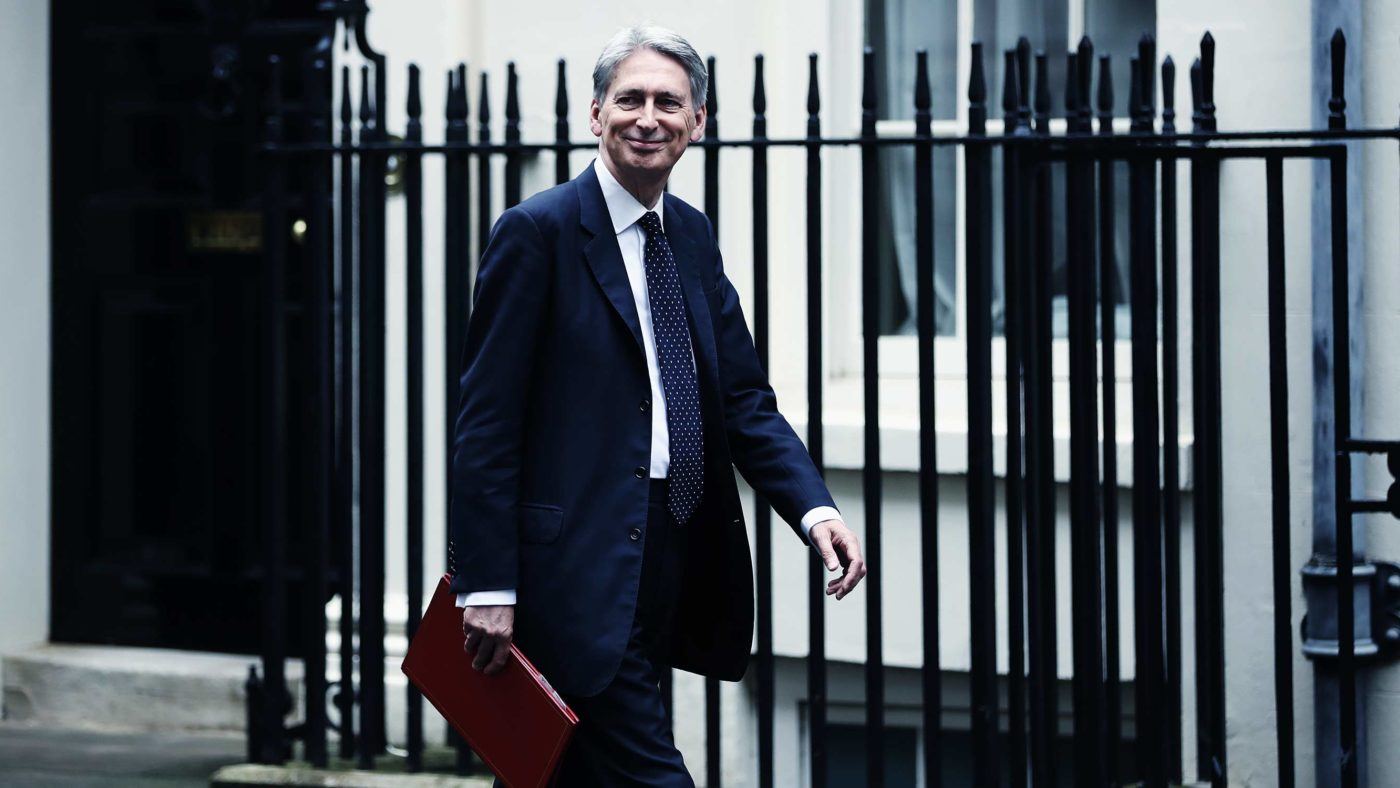Philip Hammond, the UK Chancellor, just announced that the UK would match any EU programs if leaving the European Union would entail their loss. This includes programs such as the Common Agricultural Policy (CAP) and Common Fisheries Policy (CFP) subsidies for Britain’s farmers, European research funding, and some of the structural assistance funding. There is nothing wrong with this suggestion. The UK is sovereign, and can make any announcement it sees fit to make. And of course, funding scientific research is exactly what government research and development policy should promote. Direct transfers to impoverished places in the country is also an uncontroversial policy choice, depending of course on what that payment is used for. The government should be commended for giving this level of stability at least until 2020 which is about the time that any negotiation on withdrawal from the EU would be concluded. The UK is at risk for a minimal period, most likely.
It is in agriculture that some care needs to be taken about the signals that the Treasury is making. As we have noted elsewhere, in order that the treacherous terrain ahead of us is safely negotiated, we will need to have many other trade deals and partnerships in our negotiating portfolio. This will require making concessions, and presenting the UK to trading partners as a nation unencumbered by the baggage that has weighed down the EU in its negotiations. Historically, EU agricultural protectionism has been some of the heaviest baggage with which the EU comes to the negotiating table. It would certainly be a missed opportunity for the UK if it were to simply adopt the same production-subsidy distorting policies of the CAP and CFP after it is out of the EU. Prior to withdrawal, EU policies continue to apply in full of course.
Leaving the EU does allow the UK to do two critical things. First, no longer bound by the common external tariff the UK can adopt tariffs that do not escalate and thus prevent developing country farmers from rising up the value chain. A tariff escalation occurs when tariffs to raw materials are set at lower levels than those of the higher value processed goods. Hence Ghanaian cocoa producers are incentivised to sell cocoa beans into Europe but not chocolate (the tariff being higher). At the moment the UK is locked into the Common External Tariff of the EU and therefore cannot change this. Outside the EU, the UK could stop the tariff escalation and this would open up a very different trading relationship with these countries. Second, by moving from the massively distorting agricultural production subsidies favoured by the EU towards direct transfers to farmers in certain specific cases to be phased out over time, the UK is again presenting a much more open market to its trading partners. This will enable it to much more easily secure from its trading partners better deals in the kinds of areas which are most important to its economy, in this case, services, where being able to negotiate on domestic regulation is key.
As Britain sails uncertainly forward into the choppy waters ahead, we need to keep our negotiating options as open as they can be. Reserving our ability to present to the world a face which is open to the world will be a key part of securing safe passage towards a place where Britain is at the centre of a trading network.


